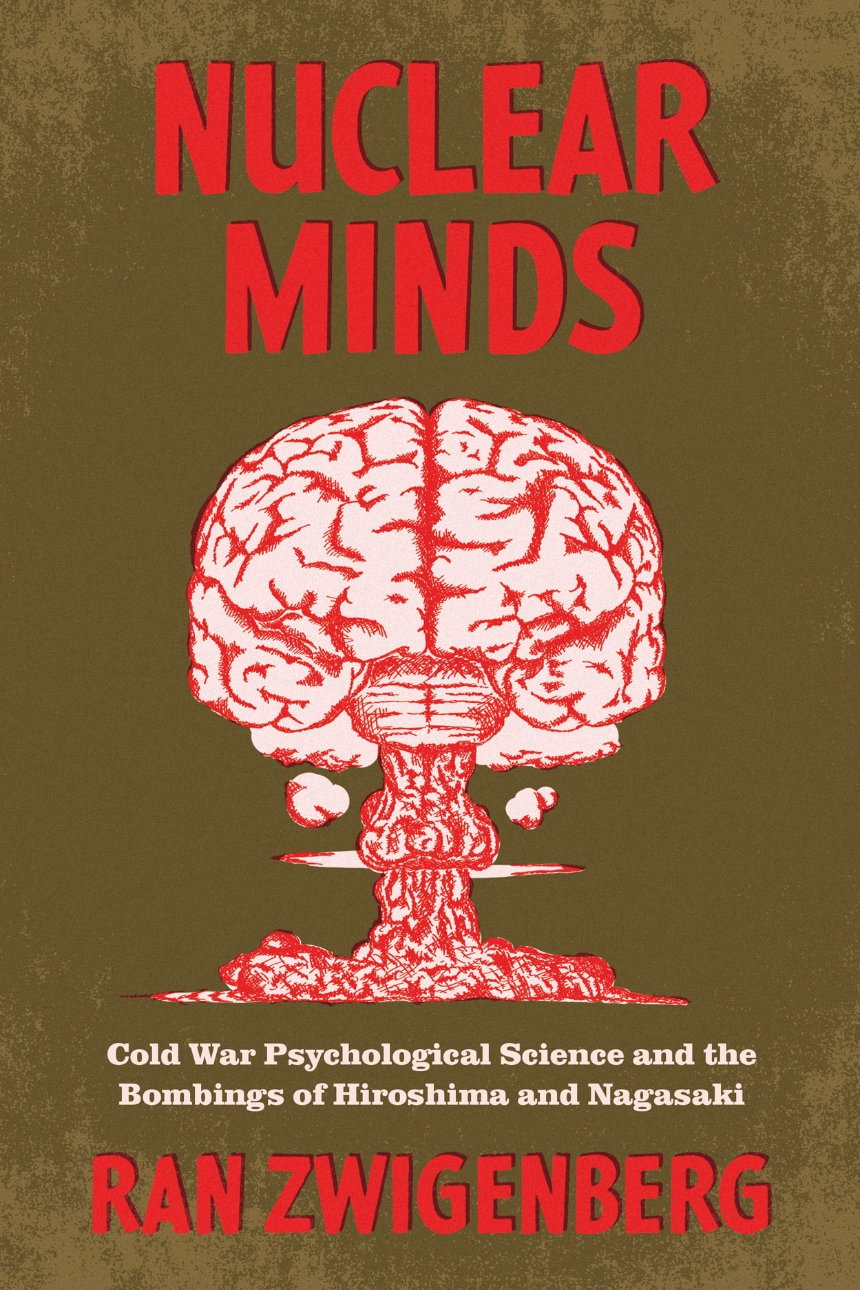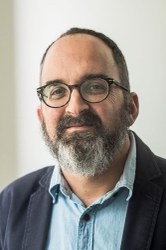Speaker:
- Ran Zwigenberg (Pennsylvania State University)
Moderator:
- Kyle Cleveland, ICAS Co-Director

In 1945, researchers on a mission to Hiroshima with the United States Strategic Bombing Survey canvassed survivors of the nuclear attack. This marked the beginning of global efforts by psychiatrists, psychologists, and other social scientists to tackle the complex ways human minds were affected by the advent of the nuclear age. Nuclear Minds traces these efforts and the ways they were interpreted differently across communities of researchers and victims.
Tuesday, July 18, 2023 18:00
Registration is not required.
https://temple.zoom.us/j/92898704059
Temple University, Japan Campus Room 306 (Access)
Registration is not required (e-mail to icas@tuj.temple.edu).
This event is organized by the Institute of Contemporary Asian Studies (ICAS).
Note: All ICAS events are held in English, open to the public, and admission is free unless otherwise noted.

Ran Zwigenberg’s research focuses on modern Japanese and European history, with a specialization in memory and intellectual history. He has taught and lectured in the United States, Europe, Israel, and Japan, and published on issues of war memory, heritage, atomic energy, psychiatry, and survivor politics. Zwigenberg’s first book, Hiroshima: The Origins of Global Memory Culture (Cambridge University Press, 2014), was the winner of the 2016 Association for Asian Studies’ John W. Hall book award. His second, co-authored book, Japan’s Castles: Citadels of Modernity in War and Peace, came out with Cambridge University Press in 2019. His latest book, Nuclear Minds: Cold War Psychological Science and the Bombings of Hiroshima and Nagasaki, explores how the bomb’s psychological impact on survivors was understood before we had the concept of post-traumatic stress disorder.